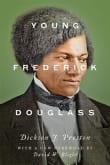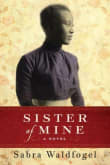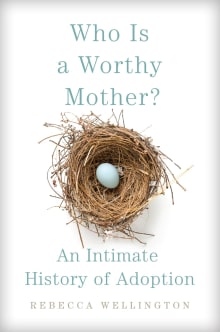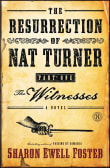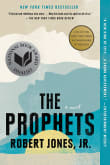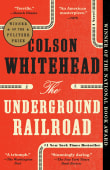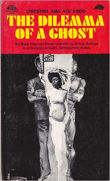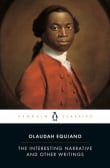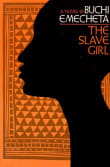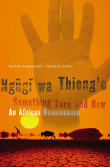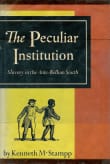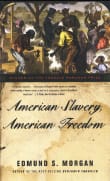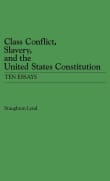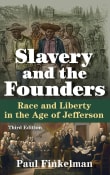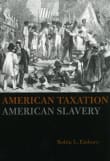No Property in Man

Book description
"Wilentz brings a lifetime of learning and a mastery of political history to this brilliant book."
-David W. Blight, author of Frederick Douglass
A New York Times Book Review Editors' Choice
A Foreign Affairs Best Book of the Year
Americans revere the Constitution even as they argue fiercely over its…
Why read it?
1 author picked No Property in Man as one of their favorite books. Why do they recommend it?

In his book, Princeton historian Saul Wilentz completely alters our view of the American Founding. He tells the gripping story of how the antislavery forces at the Philadelphia convention, including crucially the Virginians, resisted the effort by some delegates from the Deep South to include an affirmative endorsement of human chattel slavery—the concept of property in man—in the text of the Constitution.
Such language would have contradicted the principles they’d adopted in the Declaration of Independence. Their success would later provide “constitutional abolitionists” like Salmon Chase and Frederick Douglass with crucial ammunition to advance their antislavery political program.
From Randy's list on slavery and the constitution.
If you love No Property in Man...
Want books like No Property in Man?
Our community of 12,000+ authors has personally recommended 100 books like No Property in Man.





